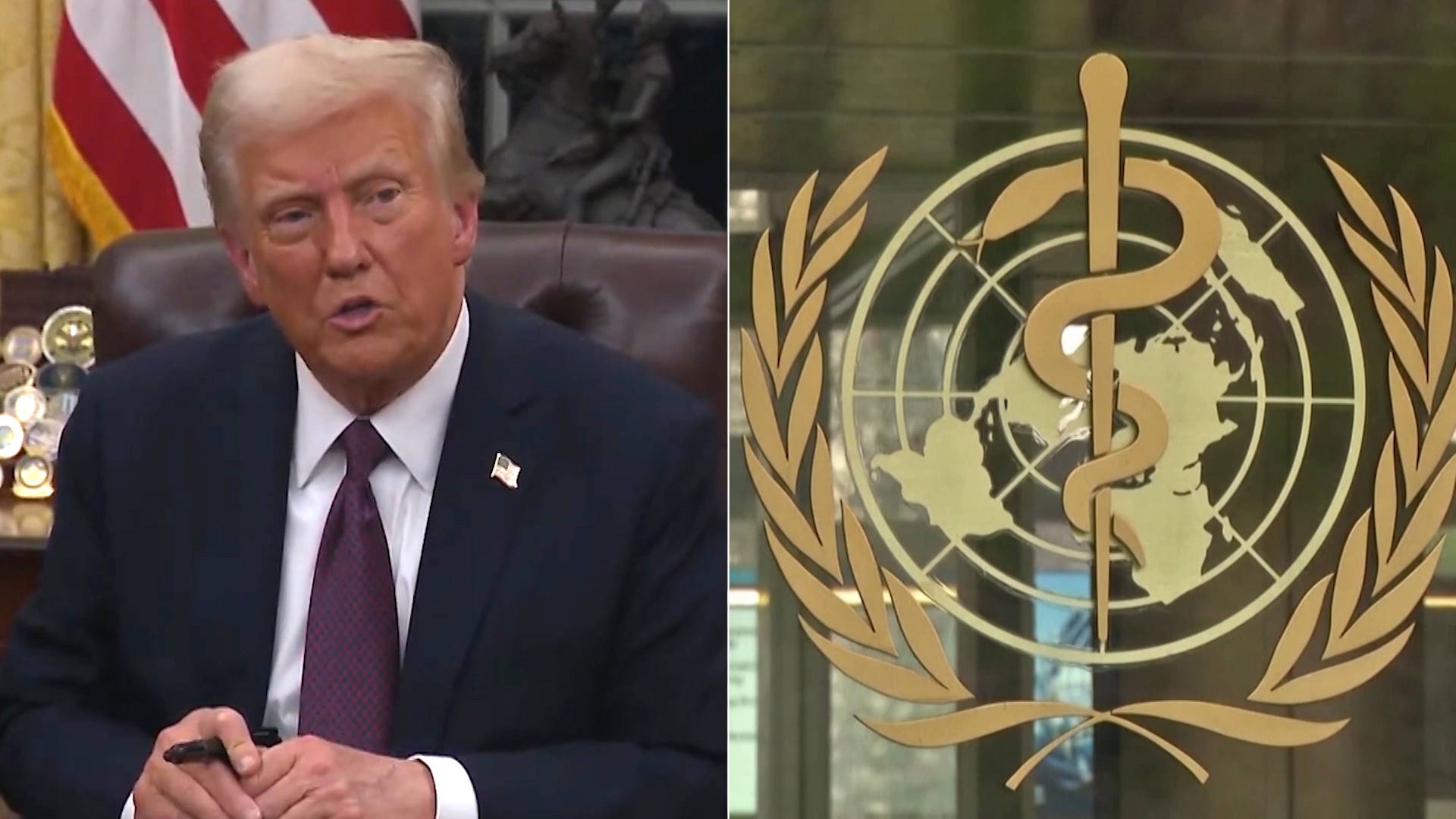Global Health at Risk: How Trump's WHO Withdrawal Could Spark a Deadlier Pandemic

In a controversial early move of his presidency, Donald Trump swiftly signed an executive order withdrawing the United States from the World Health Organization (WHO), a decision that sent shockwaves through global health circles and threatened critical international health programs.
The unprecedented action imperiled vital initiatives targeting devastating diseases like tuberculosis and HIV/AIDS, potentially leaving millions of vulnerable populations without essential medical support. Georgetown University's global health law expert, Lawrence Gostin, condemned the decision as a "grave mistake" that would compromise both American national interests and global health security.
Gostin warned that the withdrawal could have far-reaching consequences, potentially crippling the United States' ability to innovate and respond to emerging public health challenges. By disengaging from the WHO, the country risks falling behind in disease prevention and pandemic preparedness, leaving itself and the international community more exposed to future health crises.
The executive order not only represents a significant diplomatic shift but also signals a troubling retreat from scientific collaboration and global health leadership. As the world continues to grapple with complex health challenges, the United States' isolation from the WHO could prove detrimental to both national and international public health efforts.

